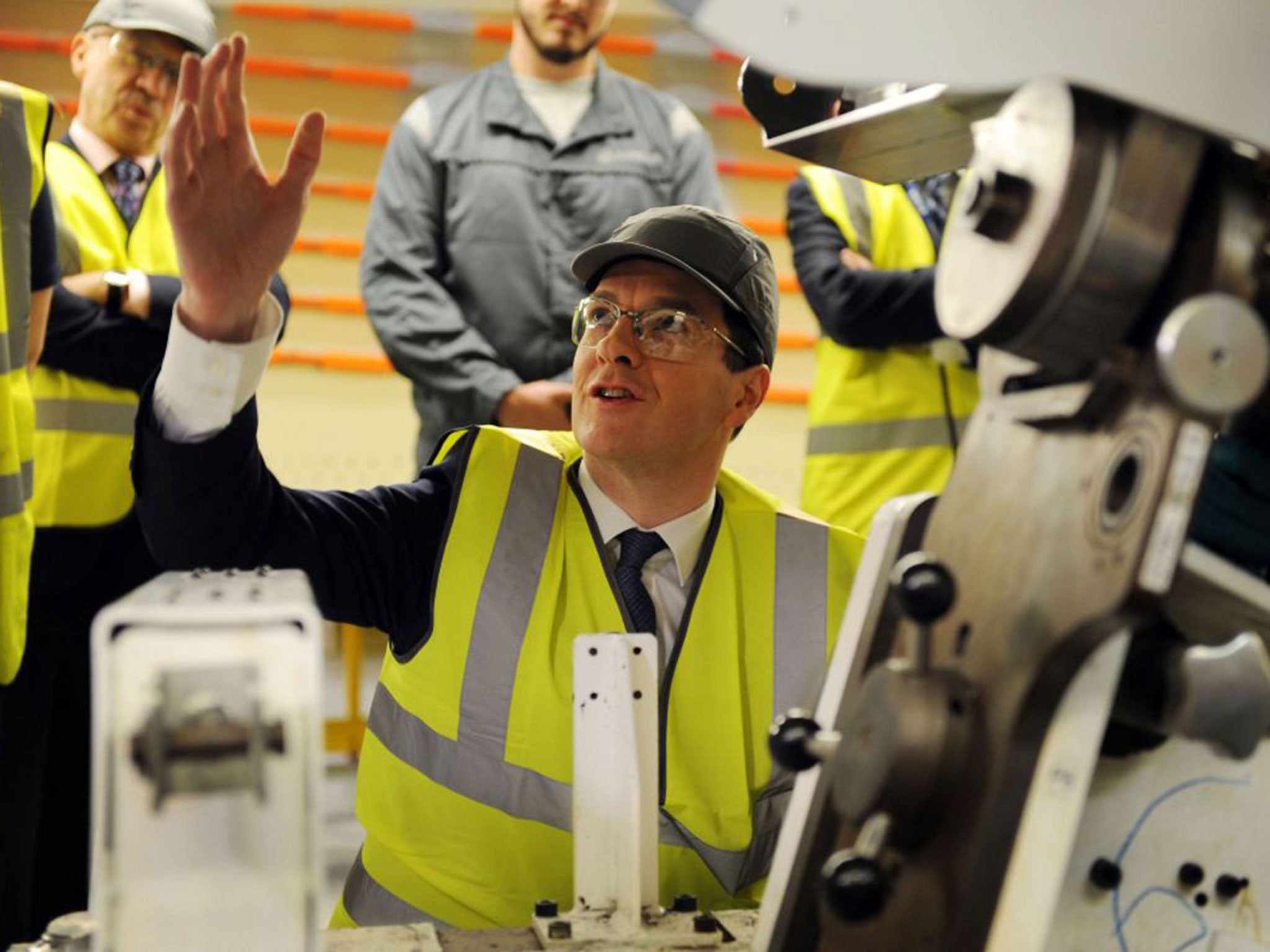Former HBOS chiefs could face action as investigation is reopened
Regulators to look again at bank’s fall after originally disciplining just one executive

Former managers at the collapsed lender Halifax Bank of Scotland (HBOS) are to face a full-scale enforcement investigation by City watchdogs.
The decision by Andrew Bailey, head of the Bank of England’s Prudential Regulation Authority (PRA), came just two days after he was unveiled as the new chief executive of the much larger Financial Conduct Authority (FCA). The two regulators said that they would investigate “certain former HBOS senior managers” but declined to name them.
However, last year’s devastating report on the bank’s demise identified at least 10 executives. They included chairman Lord Stevenson and two chief executives, James Crosby and his successor Andy Hornby.
The report also identified former finance chief Mike Ellis, now chairman of Skipton building society; Colin Matthew, who ran the international division of HBOS; and Lindsay Mackay, who ran the treasury operation.
Only one banking executive was ever disciplined over his part in the failure of HBOS – rescued in a government-brokered deal with Lloyds, which subsequently had to be bailed out as a result – during the financial crisis. Peter Cummings, whose division lent billions to property developers, was ordered to pay £500,000 and banned from the City for life.
His former colleagues cannot face financial penalties because of the time that has elapsed. But they can still be banned from the City, which in practice means they will be unable to perform senior roles in regulated financial firms.
In a statement, the watchdogs said: “These investigations will determine whether or not any prohibition proceedings should be commenced against them. The FCA and PRA continue to review materials with a view to making further decisions regarding other former HBOS senior managers.”
The pressure on Mr Bailey to secure action will be intense. It could be one of the defining features of his new role at the FCA. He was approached to take it on after his predecessor Martin Wheatley was elbowed out by George Osborne and the main candidate to replace him, acting chief executive Tracey McDermott, withdrew from the running.
The two regulators started to look again at the decision by the former Financial Services Authority to take no action against anyone other than Mr Cummings after a report by senior QC Andrew Green said it was clearly in the public interest to reconsider.
Andrew Tyrie, chairman of the Commons Treasury Select Committee which instigated his report, said: “Overdue doesn’t capture it. It is eight years since the collapse of HBOS in 2008. It has taken a heap of pressure from Parliament to secure appropriate action from the regulators.”
David Hillman, of the Robin Hood Tax campaign group, said: “Finally, at least some bankers may be held to account for their role in the crash, though this a chronic case of too little, too late.”
Lloyds bank share sale on ice amid the turmoil
Plans to offer Britons cheap shares in Lloyds Banking Group have been put on hold by the Chancellor amid the market turmoil.
The bank’s share price has been badly hit by the global rout that started in China. They closed at 64.07p, down 0.85p, with the Government having paid 74p when Lloyds was bailed out in 2008.
Not since October have they traded consistently above that level, with the whole banking sector also weighed down by fears of further penalties for misconduct.
The £2bn share offer was announced amid criticism that only the City had benefited from the disposal of the taxpayer’s holding in Lloyds, through regular sales to institutional investors.
The taxpayer’s stake is now below 10 per cent, but hopes that it would soon be down to zero have evaporated.
George Osborne said it was his responsibility to “ensure economic responsibility” and that he would only sell to the public when “the time is right”. But he faced criticism for revealing the news to the media, during a visit to an Airbus factory, rather than issuing a formal RNS news statement to the London Stock Exchange.
While he is not required to do so under City rules, many big investors choose to use the RNS service to give details of changes in their holdings because it is seen as best practice.
Join our commenting forum
Join thought-provoking conversations, follow other Independent readers and see their replies
Comments